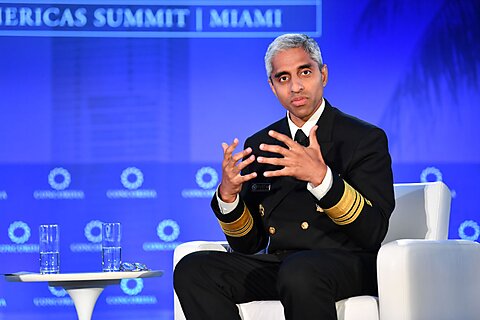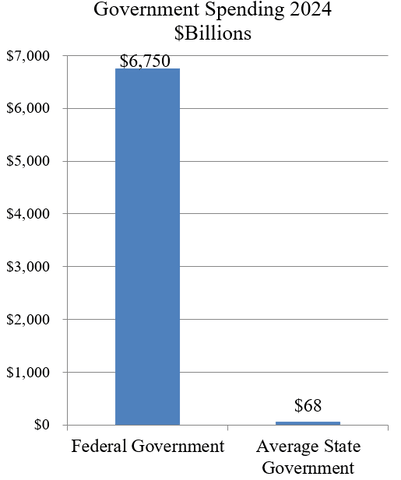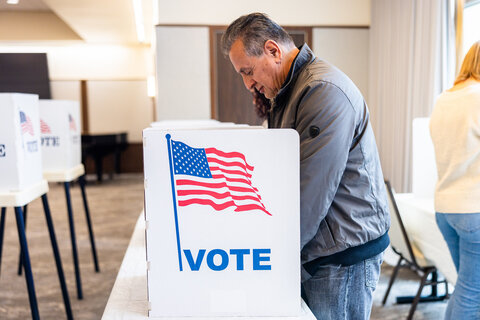The US Public Health Service Commissioned Corps has come a long way since its inception in 1798 when Congress created the US Marine Hospital Service to care for sick and injured merchant seamen. This service evolved into a national marine hospital system staffed by a corps of physicians overseen by a Supervising Surgeon. In 1889, Congress formally named it the Commissioned Corps, a military branch administered by what eventually became renamed a Surgeon General.
Today, the Commission Corps is one of the eight uniformed services of the United States. It serves under the US Public Health Service, a US Department of Health and Human Services division. Its staff is sent to various federal agencies, including the Indian Health Service, the Food and Drug Administration, the Federal Bureau of Prisons, the Department of Homeland Security, and the State Department. Its mission is to “protect, promote, and advance the health and safety of our nation.”
In the 1980s, when Surgeon General C. Everett Koop embarked on an effort to make America a “smoke‐free society by the year 2000,” it marked the beginning of an expanded role for the Surgeon General. Since Koop, Surgeons General have seen themselves as “the nation’s doctor.” They have influenced Congress to pass legislation on ever‐expanding “health issues.” And because one can find a health angle for so many activities or substances that autonomous adults choose to engage in or consume, “public health policy” is bleeding into adults’ right to pursue happiness.
The latest example came yesterday when Surgeon General Vivek Murthy declared firearm violence a “public health crisis.” Murthy released an advisory stating, “Overall, deaths caused by guns rose to a three‐decade high in 2021, driven by increases in homicides and suicides.” He called on Congress to enact new gun regulations. Of course, lockdowns and the associated emotional stress and anxiety that resulted from the public health establishment’s response to the COVID-19 pandemic made 2021 an atypical year.
But, surely, someone on Murthy’s staff must have updated him that there was a 7.7 percent decline in gun violence from 2022 to 2023, according to the Gun Violence Archive. This is the largest annual decline since the Archive’s inception in 2014. And according to a report from the Center for American Progress, “preliminary data suggest that gun violence broadly trended down in 2023 across the United States, representing a historic decrease.” Did Murthy jump the gun when he declared gun violence a public health crisis by not putting the 2021 gun violence data in proper context?
More importantly, criminal justice professionals best address homicides and other forms of gun violence, not doctors. Doctors and mental health professionals should work on suicide prevention, not gun laws.
Murthy’s claim that gun violence is a public health crisis comes just a week after he called on Congress to require social media platforms to display labels warning parents that engaging on these platforms may endanger adolescents’ mental health. Aside from the fact that the science is far from clear, as I have written here, a social media public health panic can push Congress to infringe on free speech rights. It may also encourage frivolous lawsuits that cause platforms to impose speech restrictions.
Policymakers should oppose public health and medical professionals’ efforts to expand the definition of health to encompass more human activities. If this pernicious trend continues, we risk evolving into a society governed by a partnership between unelected bureaucrats and a medical ruling class exerting social control.




